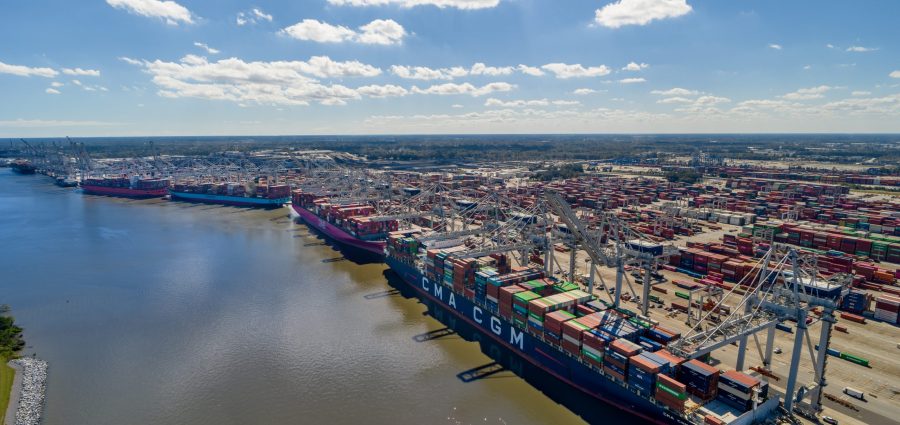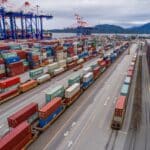For the first time in 50 years, dockworkers at dozens of U.S. ports on the East and Gulf Coasts, from Texas to Maine, are on strike over wages and port automation.
The walkout will shut down imports from overseas for an undetermined amount of time and lead to some disruption to distribution and manufacturing operations in the U.S. The impact of the port shutdown on individual distributors will vary depending on the length of the strike, the degree of reliance a company has on overseas production, shipping costs and more.
Less than a day before the contract expired, the International Longshoremen’s Association (ILA) — the union representing about 45,000 dockworkers — rejected the latest offer from the United States Maritime Alliance (USMX), which represents port employers and ocean shipping companies.
The offer was a 50% wage increase over six years and improvements in benefits, the Wall Street Journal reported, but the ILA is still holding out for a 77% pay increase over six years (with top pay jumping from $39 per hour to $69).
“We are now demanding $5 an hour increase in wages for each of the six years of a new ILA-USMX Master Contract,” said ILA President Harold Daggett in an Oct. 1 news update. “Plus, we want absolute airtight language that there will be no automation or semi-automation, and we are demanding all Container Royalty monies go to the ILA.”
The National Association of Wholesaler-Distributors has been vocally against the strike, and, along with other associations representing the U.S. economy, is calling on President Biden to invoke the Taft-Hartley Act to force the union back to work for an 80-day “cooling off” period in which they continue contract negotiations.
See below NAW CEO Eric Hoplin’s Oct. 1 appearance on FOX Business’ Mornings with Maria Bartiromo:
Related Posts
-
Dockworkers face an expiring contract and brace for a strike that could mean supply chain…
-
Union members in Hyattsville, MD are on strike over stalled contract negotiations, citing unfair labor…
-
A first-of-its-kind strike of the two largest Canadian railroads looms, threatening U.S. imports of manufactured…






